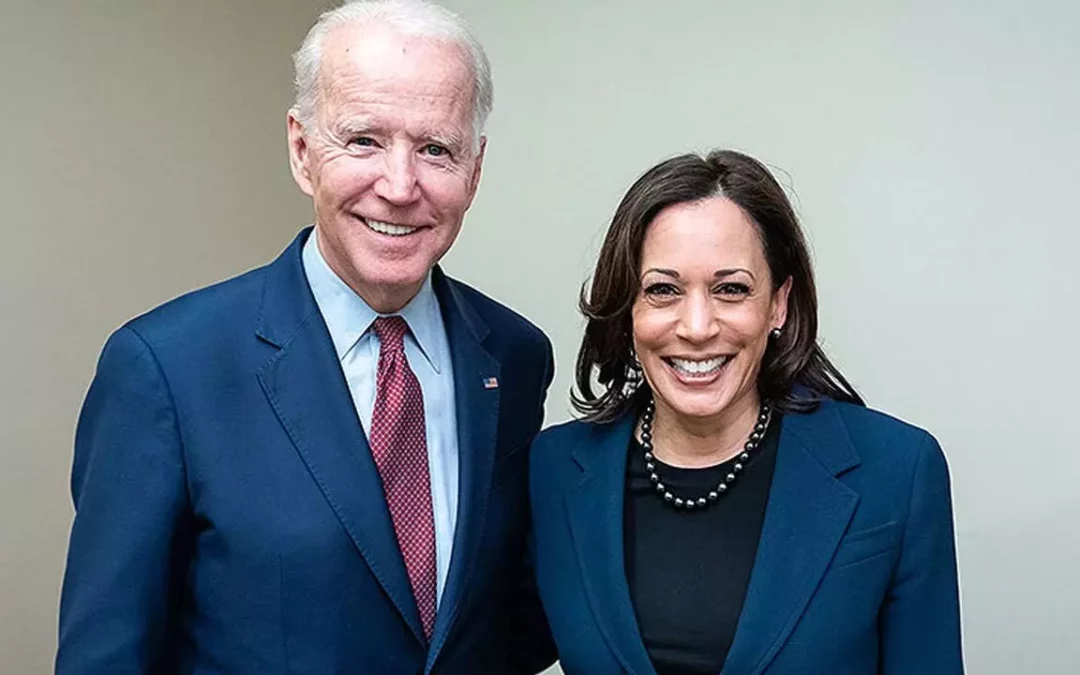

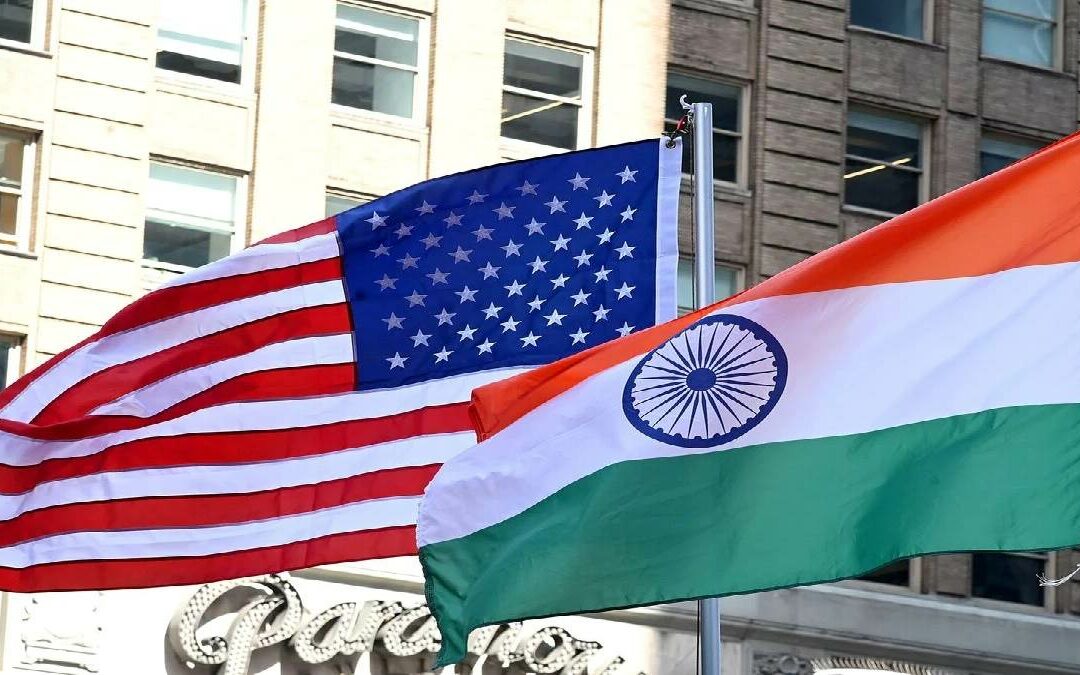
Political visibility of Indian-Americans far bigger than 1% population share
Reading Time: 3 minutes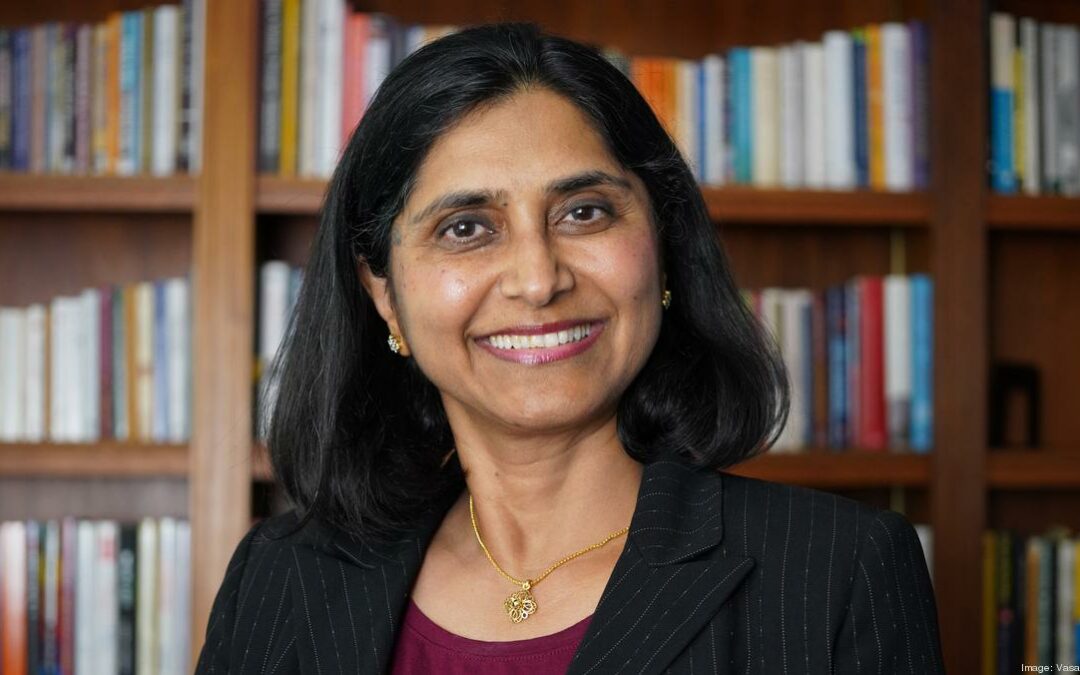
Indian-American Lawyer To Be Inducted To Maryland Business Hall Of Fame
Reading Time: 2 minutes
Sheela Murthy, a prominent Indian-American entrepreneur and immigration lawyer, will be inducted into the Maryland Business Hall of Fame for her leadership skills and entrepreneurial acumen and spirit. Murthy, founder and president of Murthy Law Firm, will be honoured at the annual Maryland Chamber of Commerce’s Inspire MD event on May 11 at the Baltimore Museum of Industry.
“This honor is particularly meaningful as I believe in the mission of the Maryland Chamber of Commerce and the Maryland Chamber Foundation to support a strong business climate, impacting the quality of life for businesses, individuals and families across our great State and country,” said Murthy.
She also co-founded the nonprofit MurthyNAYAK Foundation, dedicated to implementing socially transformative projects designed to improve the lives of women, children and immigrants — both in India, as well as the US.
“For her incredible leadership, entrepreneurial acumen and spirit, generous contributions through service and philanthropy, and for her passionate work at helping others achieve their dreams, the Maryland Chamber of Commerce is delighted to induct Sheela Murthy into the Maryland Business Hall of Fame,” a Maryland Chamber of Commerce statement read.
The Maryland Chamber of Commerce with 6,800-plus members is the leading voice for business in the state.
Its Inspire MD event gathers Maryland’s leaders, changemakers, entrepreneurs, influencers and professionals for an evening celebrating the people and organisations that make Maryland unique.
India-born Murthy graduated from Stella Maris College in Chennai and the University Law College in Bengaluru, after which she immigrated to the US and enrolled in Harvard Law School.
She began her accomplished career with law firms in New York and Baltimore, eventually working to found Murthy Law Firm, using her passion, experience and knowledge to support individuals and families with achieving their American dream of living and working in the US, the Chamber statement read.
The Murthy Law Firm is recognised as one the world’s premier US immigration law firms with headquarters in Baltimore, Maryland and satellite offices in Seattle, Washington and affiliate offices in Chennai, Hyderabad and Mumbai.
Throughout her storied career, Murthy has been honoured and awarded by Ernst & Young, the Baltimore Business Journal, the Daily Record, SmartCEO magazine, the United Way and numerous others.
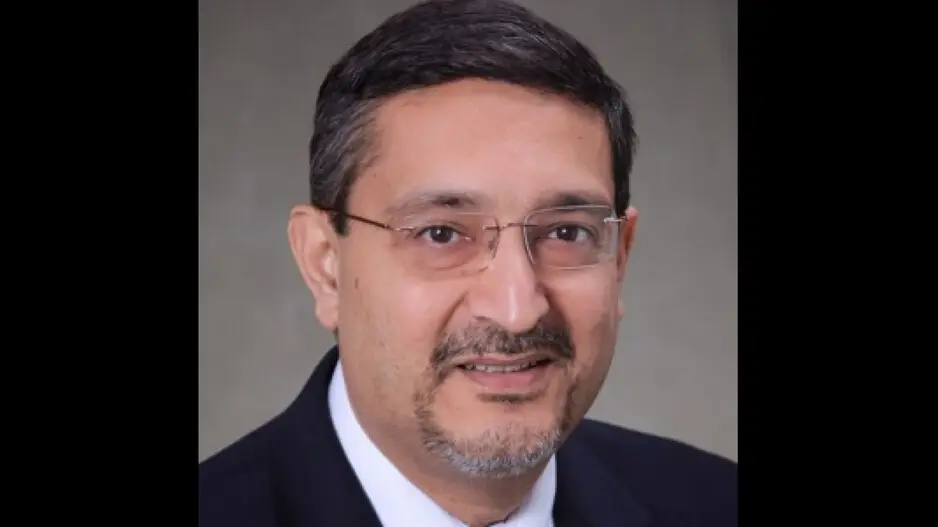
Indian-American to lead Stony Brook’s College of Business in NY
Reading Time: 2 minutesIndian-American IIT graduate Haresh Gurnani has been named the new dean of the College of Business at Stony Brook University in New York, and will take on the new role beginning July 2023.
Gurnani currently serves as area chair of Business Analytics, Operations Management, Marketing and Economics areas in the School of Business at Wake Forest University.
He is Thomas H. Davis Chair in the school, program director of the Mathematical Business Program, and serves on the university’s committee on Network for Inclusive Leadership and Engagement.
“Haresh is ideally suited to serve as our next leader, bringing a key set of experiences and skills essential for advancing the upward trajectory of the College, including management of enrollment growth, building industry partnerships, and fundraising,” said Carl Lejuez, provost and executive vice president at Stony Brook.
Gurnani’s research interests are in operations and supply chain analytics, retail distribution channel design and marketing, healthcare operations and marketing, sharing economy, and sustainability.
He succeeds Manny London, who has served as dean of the College for the last decade.
“Business education plays a key role in providing valuable opportunities for socio-economic mobility and entrepreneurial growth for students. With its rich heritage for inter-college collaborations, I am excited to work with colleagues to identify and develop new partnerships and programs that would continue to make Stony Brook a destination of choice for students in New York,” Gurnani said in a university statement.
As area chair in the School of Business at Wake Forest, Gurnani has overseen strategic planning, new program development, faculty recruitment and development, research strategy, and accreditation review.
Under his leadership of the Mathematical Business Program, enrollment has grown 80 per cent and new partnerships have been developed with industry to identify company projects, the university statement read.
Armed with a bachelor’s in mechanical engineering from Indian Institute of Technology, and a master’s and doctorate in operations research from Carnegie Mellon University, Gurnani has also held faculty positions at University of Miami and Hong Kong University of Science and Technology.
With more than 24,000 students, more than 2,800 faculty members, Stony Brook University is ranked among the top 35 public universities by Forbes and one of the top 80 universities in the nation by the US News & World Report Best Colleges listing.
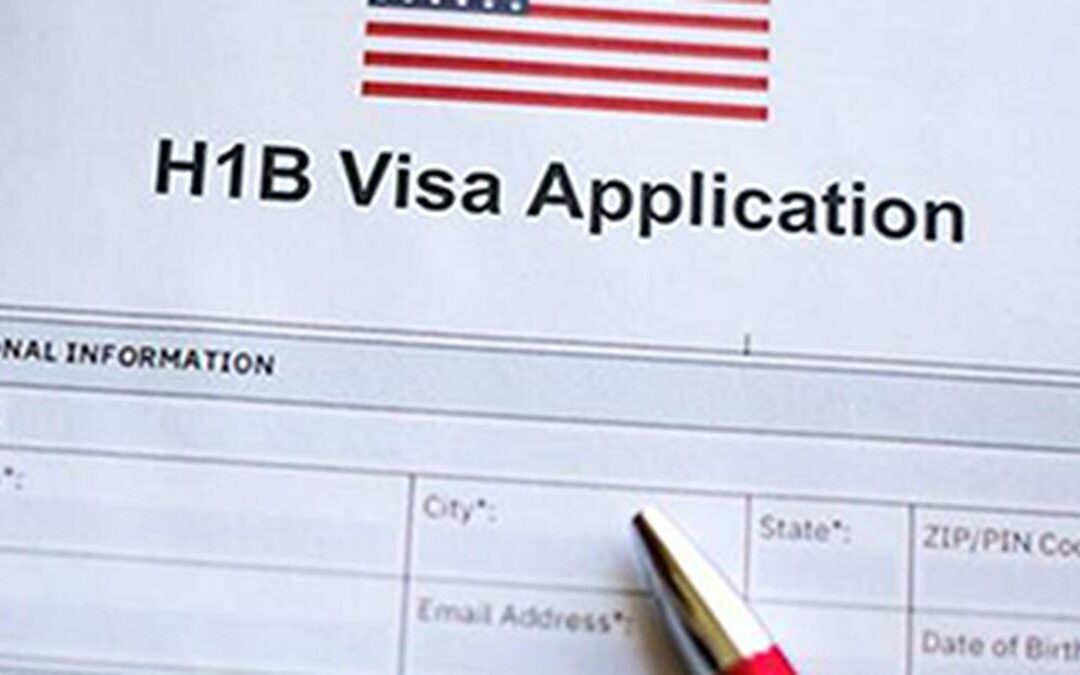
Indian-American community leader urges US lawmakers to remove the 7 per cent country limit on green cards
Reading Time: 2 minutes
An eminent Indian-American community leader from Silicon Valley has urged US lawmakers to remove the prevailing seven per cent cap on green cards, observing that the country-specific limit on the most sought-after residency document has created extensive backlogs. A Green Card is a document issued to immigrants to the US as evidence that the bearer has been granted the privilege of residing in the country permanently.
Speaking at the US-India summit held at the US Capitol on Wednesday, Ajay Jain Bhutoria, an entrepreneur and community leader, asked why there was a cap on the Green Card if not on an H-1 visa.
“When we do not have a country’s limit on giving an H-1 visa to support our companies, businesses and economy. Why should we have a country cap limit on green card issuance,” Bhutoria said at the summit organised by Indian-American Congressman Ro Khanna in his capacity as Co-chair of the Congressional India Caucus.
The per-country caps are numerical limits on the issuance of green cards to individuals from certain countries.
Immigration law provides for approximately 140,000 employment-based green cards to be issued each year.
However, only seven per cent of those green cards can go to individuals from a single country annually.
If the number of individuals being sponsored from a single country is greater than seven per cent of the annual available total, a backlog forms and the excess approved petitions are not considered until a visa becomes available and their petition falls within the initial seven per cent per-country cap.
“These country-specific caps have created extensive backlogs, forcing individuals from certain countries-primarily India and China in the employment-based categories- to wait much longer than average to receive their green cards, simply because of their country of origin,” he said.
“We estimate that more than 880,000 people, including dependent spouses and children, are waiting in the US in employment-based green card backlogs.
“In some categories, applicants who began the process in 2012 are just now able to file formally, meaning they may have waited more than a decade to join their families, even though they were already qualified to do so. These wait times are projected to extend up to 50 years if the law is not changed,” Bhutoria said.
Making a detailed presentation, Bhutoria said that the number of students coming to the US from India on average is around 180-190 thousand per year.
There are 85,000 H-1B work visas issued every year and out of which nearly 60 per cent of H-1B visas are issued via a fair lottery system to tech workers from India, so around 51,000-60,000 H-1B visas.
The number of employment-based green cards issued to people from India is roughly around 7,000-8,000 per year due to the seven per c ..
cent country cap limit.
This 7,000-8,000 includes dependents of primary applicants, so roughly 2,000 Individual H-1B applicants get green cards every year for people of India.
Bhutoria said 180-190 thousand students from India come here to study, 50,000-60,000 get H-1B and only roughly 2,000 get green cards every year due to the country’s seven per cent cap limit, the rest applicants continue to live an uncertain life.
“So the request is to remove the seven per cent country limit,” Bhutoria said.
